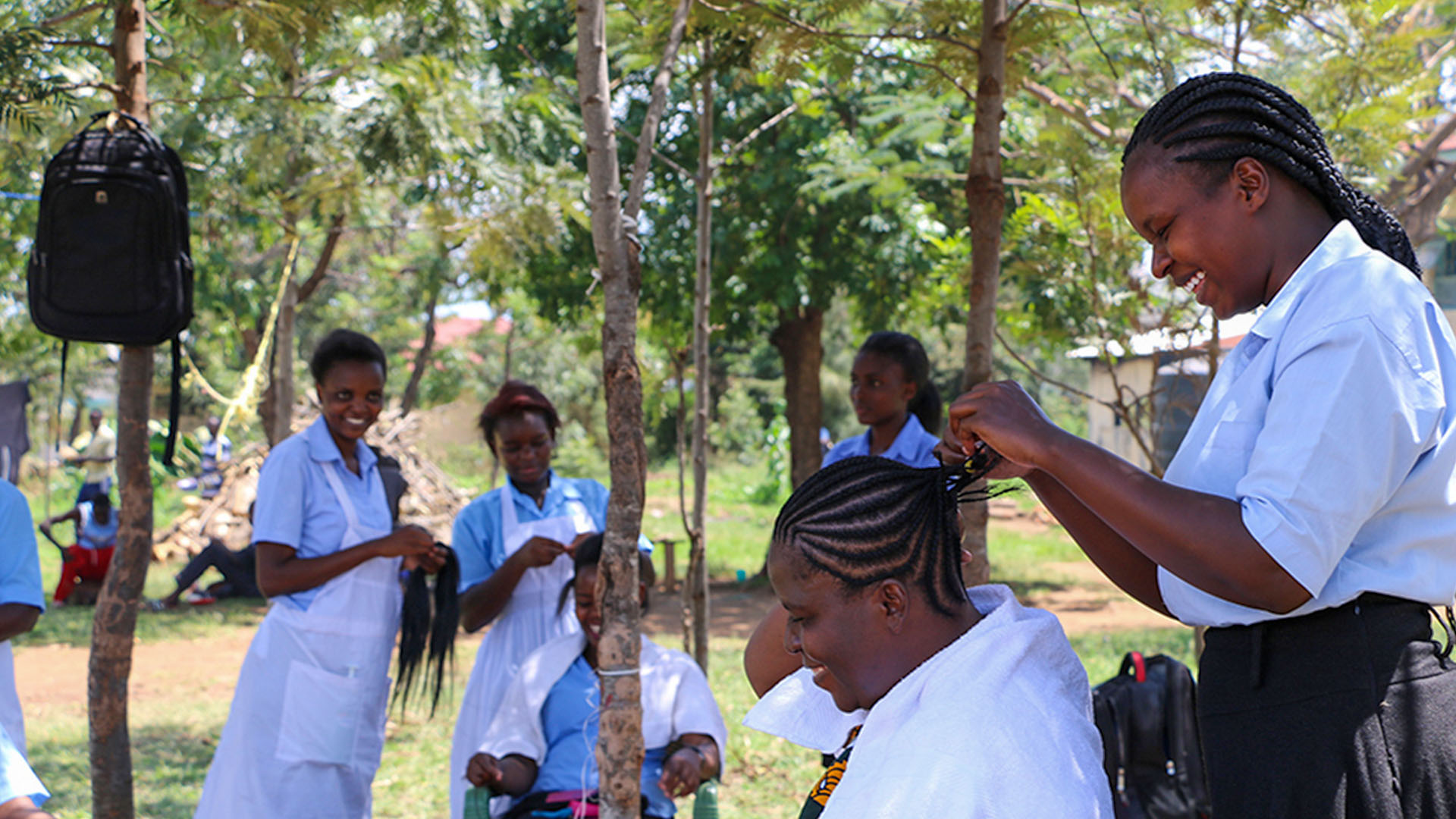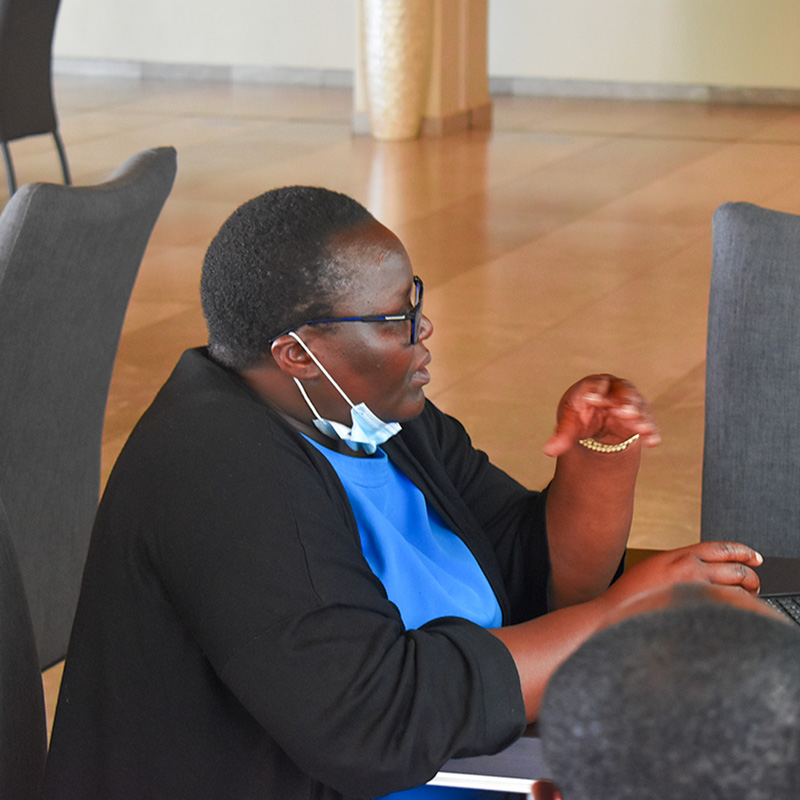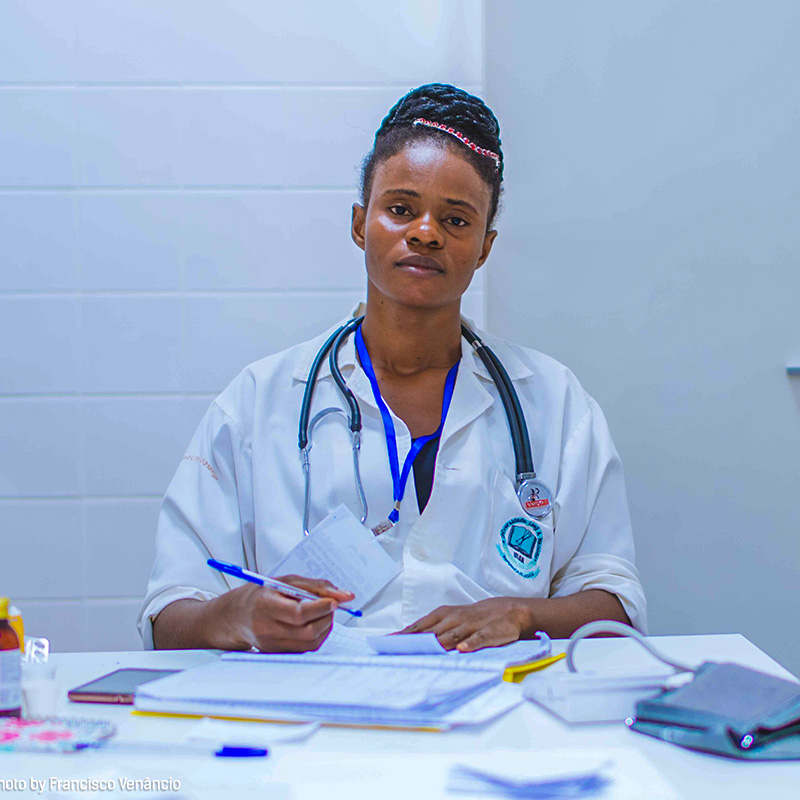Overview
This program was funded by the US Department of State, Office of Global AIDS Coordinator (OGAC), through the DREAMS Innovation Challenge. The Vusha Girls Employability Program was a demand-driven workforce development program intended to improve employment prospects and income-generating capacities for 1,000 young women aged 19-24 years. In addition, those whose socioeconomic circumstances heightened their vulnerability to and risk of HIV infection were targeted. The fishing bays in Kisumu, Homabay, Siaya counties; and informal settlements in Nairobi, Kenya were the target sites for the project. In the end, the program was implemented between October 2016 and March 2019
Program Aim
The four counties in which the program was implemented have the highest burden of HIV prevalence in Kenya. And, the young women targeted were at their transition point from high school/vocational/tertiary education to the world of work. They were equipped with ICT skills (digital literacy, coding skills), online work (microwork) skills, life skills (for day-to-day life, for the workplace and healthcare planning), entrepreneurship and financial literacy skills; and one vocational skill of their choice selected from the range of 19 vocational skills/trades customized for the program. The trades/vocational skills course included digital skills, electrical installations and electronics, carpentry and joinery, plumbing and pipefitting, fashion design and garment making, motor vehicle mechanics, food production and service, and welding and fabrication to mention a few. In addition, the young women were trained on HIV transmission and associated risk factors and referred to HIV testing and counseling services as well as Pre-exposure prophylaxis (PrEP) services.
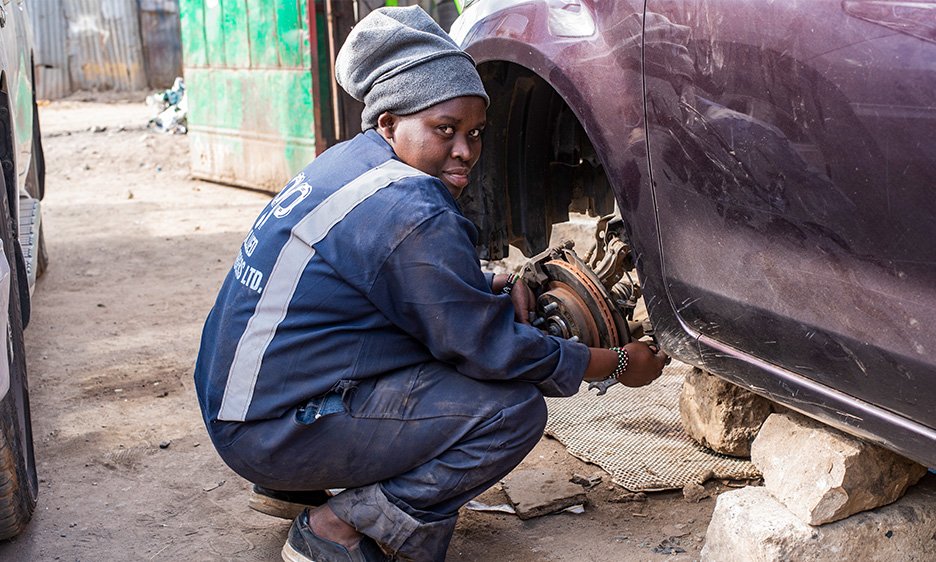
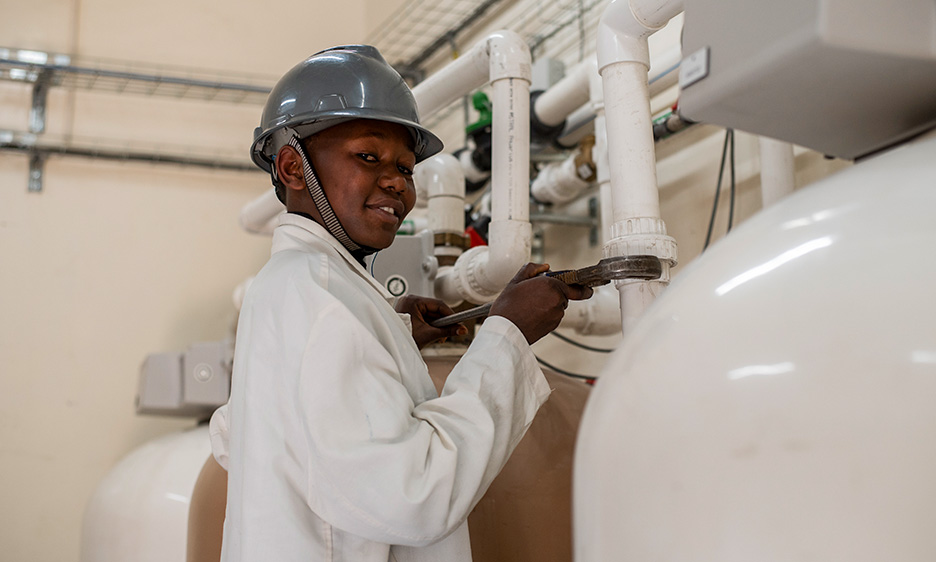

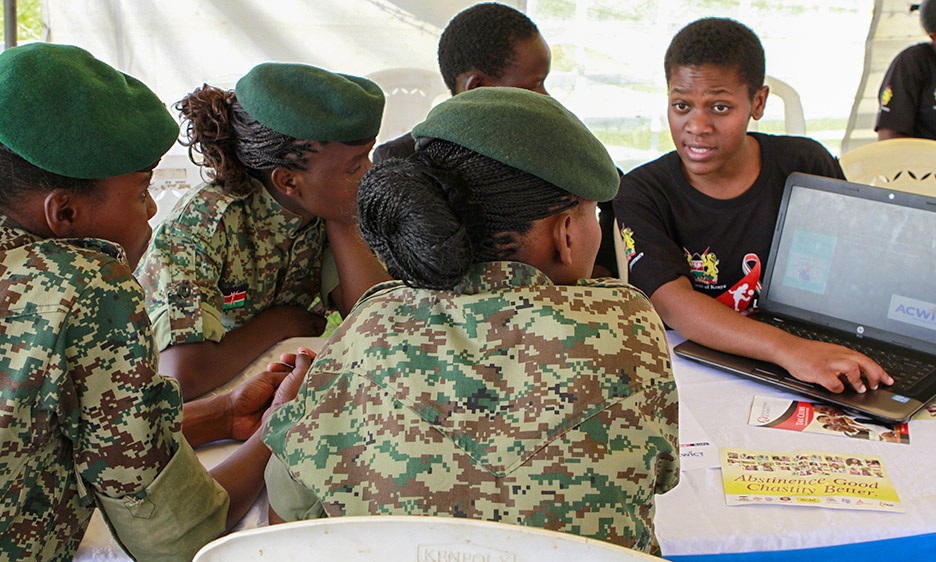
Our Approach
Short Market-driven curriculum complete with lesson plans and schemes of work in all training areas
ToT Approach to training delivery
Strategic Partnerships with DREAMS Core partners, County and National Governments Departments, Employers and local communities
Integrating baby care services for young mothers and a rigorous job placements support system
Flexible learning sessions (half-day) that allow the young women time to address other chores as they go through the training session
Extreme household poverty and lack of economic livelihoods, high unemployment rates, and lack of employable skills coupled with lack of information /knowledge on HIV transmission and associated risk factors are some of the main causes of high HIV prevalence rates among young women in Kisumu and Nairobi counties.


